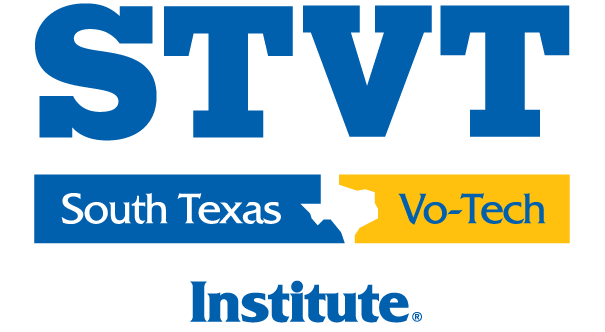Ever wonder how the lights turn on, or how your electronics get power? Electrical Service Technicians help make it happen! And as an Electrical Service Technician, you could be the one who fixes problems and keeps the power flowing in homes and businesses all across Texas. If you like solving puzzles and are good with your hands, this could be a great career for you. Let’s explore the steps you might take to get there!
Spark Your Interest in Electricity
First things first, see if you even like working with electricity. You can start by paying attention to how things work around your house. Notice the light switches, outlets, and appliances. Have you ever helped someone change a light bulb? Maybe you enjoy building things with electronic kits. These are all little sparks that could lead to a bright future as an Electrical Service Technician.
High School: The First Step
In high school, there are some classes that could really help you on your path. Math classes, especially algebra and geometry, are important because electricity involves numbers and measurements. Science classes, like physics, can teach you about how electricity works. And if your school offers or has offered vocational classes like shop or industrial technology, this would definitely be helpful! These classes might give you some hands-on experience with tools and basic wiring.
Vocational School: Your Training Ground
After high school, many aspiring Electrical Service Technicians go to a vocational or trade school. Think of this as your special training center for all things electrical. These schools usually offer programs specifically for electrical service technicians and/or electricians. In these programs, you can learn a lot about:
- Electrical Theory: Understanding how electricity flows, the difference between volts and amps, and how circuits work.
- Wiring Techniques: Potentially getting hands-on practice with different types of wires and how to connect them safely and correctly in buildings. You can learn how to install outlets, switches, and lights.
- Blueprint Reading: You can learn to read electrical drawings, which are like maps for electricians. This helps you figure out where everything needs to go.
- Safety Regulations: This is super important! You can learn all about how to work with electricity safely to protect yourself and others.
- Troubleshooting: Potentially figuring out why electrical things aren’t working and how to fix them.
These vocational programs often include hands-on labs where you can practice what you learn. These programs can last anywhere from a few months to a couple of years.
Keep Learning and Growing
The world of electricity is always changing. New technologies and ways of doing things come out all the time. So, it’s a good idea to keep learning throughout your career. You might take continuing education classes or learn about new types of electrical systems. This can help you stay up-to-date and be the best Electrical Service Technician you can be.
A Bright Outlook
As buildings get more complex and rely more on technology, the demand for people who can install, maintain, and repair electrical systems may even grow. If you’re someone who enjoys problem-solving and working with your hands, a career as an Electrical Service Technician could offer a stable and rewarding future. You could be the one keeping the lights on and the power flowing across the Lone Star State!
If you are ready to take the next steps to starting a potentially fulfilling career as an electrical service technician, contact STVT today at 866-480-9766 or submit this form to learn more.
Blog Disclaimer: Information within this blog is for general information purposes only. STVT does not assume or guarantee certification/licensures, specific job/career positions, income earning potential, or salary expectations based on the programs offered at STVT. Career and program information statements in this blog do not guarantee that programs or other information mentioned are offered at STVT.
STVT does not guarantee third-party certification. Certification requirements for taking and passing certification examinations are not controlled by STVT but by outside agencies and are subject to change by the agencies without notice to STVT. Therefore, STVT cannot guarantee that graduates will be eligible to take certification examinations, regardless of their eligibility status upon enrollment.


